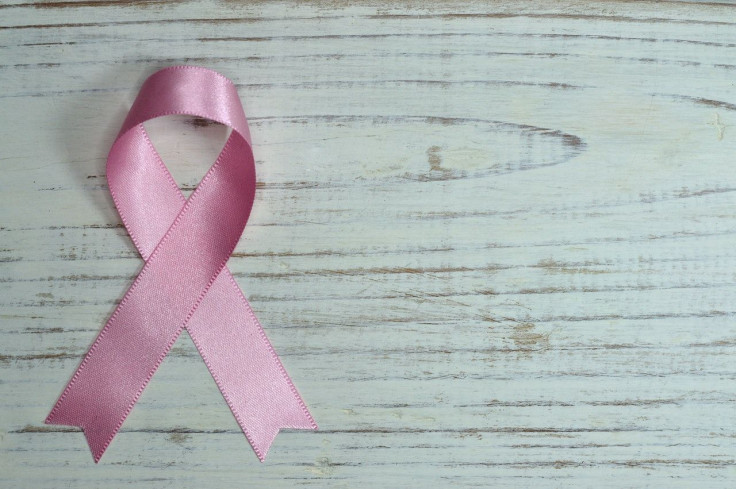Breast Cancer: Scientists Recommend Eating High-Fiber Food To Lower Risk

KEY POINTS
- Diet plays a huge role in reducing the risk of developing breast cancer
- A new study reveals consuming soluble fiber lowers breast cancer risk
- Soluble fiber includes oatmeal, lentils, peas, nuts, and beans
A scientific research report has revealed that a high fiber diet helps in lowering the risk of breast cancer. The analysis, which was published in the journal Cancer, collated information from 20 prospective types of research of high-fiber diet and incidences of breast cancer.
A Fibrous Study
The 20 studies from where the analysis was derived involved an examination of fiber consumption. Some of the studies looked at total fiber intake, while others examined the different types of fiber, such as fruit, legumes, cereal, and vegetables. None of the studies involved taking fiber supplements.
When compared with women found to have the lowest overall fiber consumption, those that consumed the most enjoyed an 8% lower risk for breast cancer. Researchers also discovered that only soluble fiber possesses a statistically substantial association with lower incidences of breast cancer. Examples of such soluble fibers are peas, nuts, lentils, beans, and oatmeal.
How About Other Fibers?
A suggestion was also put forward, saying that insoluble fiber may also reduce breast cancer risk. Examples of these insoluble fibers are whole grains, which add bulk to stool. Upon examination, however, it was found that the effects of such fibers are not that significant statistically. Most fibrous foods contain both soluble and insoluble fibers though in varying proportions.
Most of the studies that have been analyzed concern post-menopausal breast cancer. In five reports that looked at pre-menopausal cancer, however, the effect of fiber consumption was even bigger. Researchers found an 18% lower risk for those who can consume the most fibrous foods.
Supports Dietary Guidelines
The lead author of the study, Dr. Maryam S. Farvid, said, “These are observational studies that do not prove causation.” She, however, added that there are only a few modifiable risk factors for breast cancer. Dr. Farvid said that identifying such, even those that cause minimal effect is vital. Dr. Farvid is a research scientist at Harvard.
She also emphasized that their findings have provided scientific evidence to support the dietary guidelines of the American Cancer Society. Such a diet puts emphasis on the importance of consuming a high-fiber diet, which includes vegetables, whole grains, and fruits.
© Copyright IBTimes 2024. All rights reserved.





















